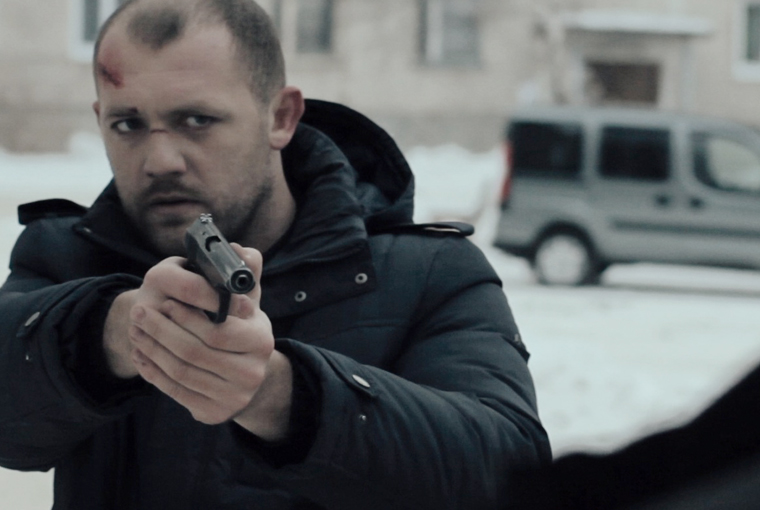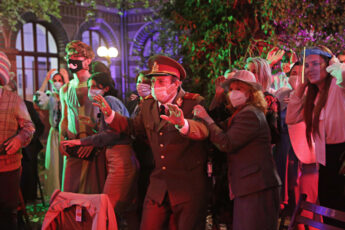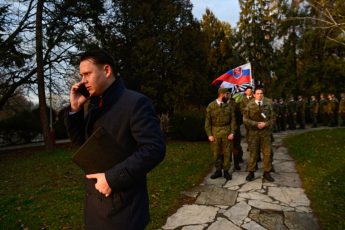
Rio de Janeiro, October 3, 2013. The headlines of the main newspaper of the city read: “A policeman plants fake evidence (homemade bombs) next to an underage boy during a protest and arrests him. Photos prove the tricky maneuver.” Next headline: “Prosecutors prove that the Brazilian police tortured and killed a civilian during a search for drug dealers in a slum, later covering up the act.” One could imagine that problems like these could be limited to a troubled big city in South America. That’s not the impression I had, given what I had seen in Yuri Bykov’s film, Mayor, the day before, at the Rio de Janeiro International Film Festival.
This is the Russian director’s second feature film which tells the story of a police mayor, Sergey Sobolev, who, on the way to the hospital where his wife is giving birth during a harsh Russian winter, roadkills a seven-year old boy. The mayor’s mother is the only witness and the following intrigue revolves around the covering-up of the case by the police apparatus…in spite of Sergey’s own will to turn himself in. When he finally decides to do so, it’s already too late.
It’s important to note that Sergey doesn’t seem disturbed to get away with murder. He knows what can be expected from his division. But as more violence is needed to cover up his crime, bad conscience starts to surface. Thus Pasha, one of his colleagues, tortures Irina, the mother of the dead child, to admit her own guilt in the accident. But she doesn’t give in so easily and is determined to fight the devious police for her justice.
Mayor follows the aesthetics of an action film: police headquarter ambience, a good dose of non-pyrotechnical violence, and a relatively fast-paced rhythm make the film adhere to the genre. The most important aspects of this film are the basic philosophical questions it raises: Sergey seems to be concerned with morals. After asking for the cover-up, the mayor quickly realizes how it will turn out: more people will be harmed, and, ultimately, die. He asks to be arrested, to pay for his crime, but is stopped by Pasha, the colleague who first came in his help and who held the torture session of the witness and her husband. Evidently, the police fear for their jobs (and lives?) in case the scheme is discovered. All this poses a free-will type of question. What, in this chain of events, is Sergey’s responsibility, and what that of the institution?
In a way, Sergey is defined by the police apparatus. He is not called Sergey but “the Mayor” which may reflect the fact the he belongs, subjectivity-wise, to the institution, as opposed to his own, autonomous self or dignity. Making a parallel with Corneliu Porumboiu’s film Police, Adjective, that also deals with the arbitrary ways of the police, Sergey, like the main character of the Romanian film, who is also a cop, tragically lacks the authority to oppose the deviant methods of the institution. To exist as a policeman with a nuanced character is a problem. The only hope is that if the policeman acts according to the underground rules of the institution, he’ll still make the headlines. The people will, then, be the ultimate judge.




Leave a Comment